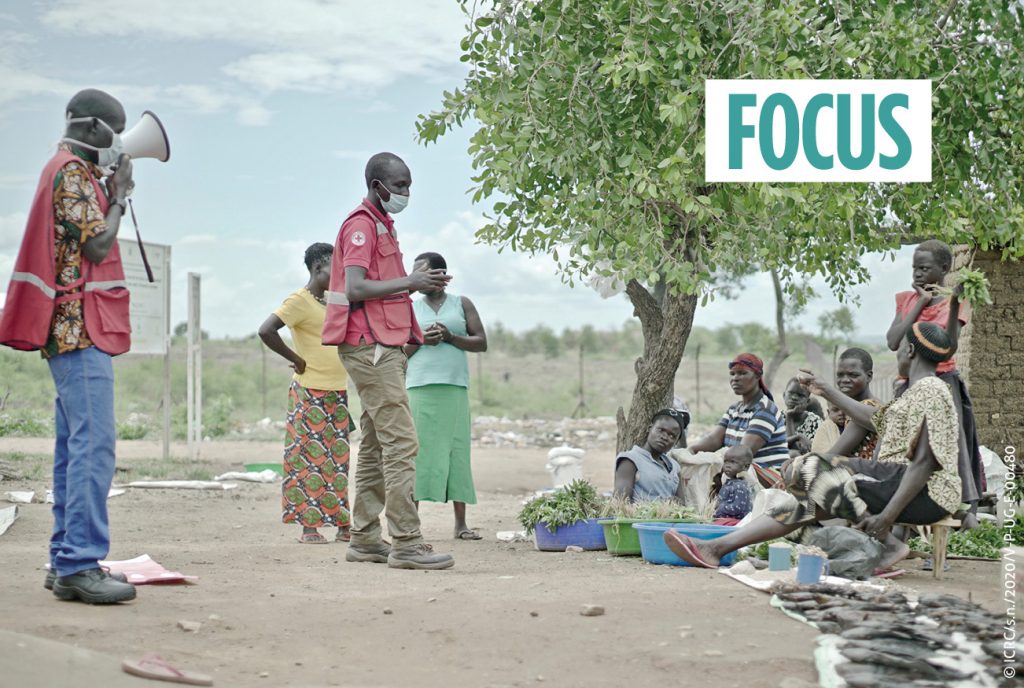PhiLab is happy to share an article recently published by Humanitarian Alternatives, of which three Quebec Hub members are co-authors: Diane Alalouf-Hall, Jean-Marc Fontan and David Grant-Poitras.

How did Canada, which has been particularly hard hit by the pandemic, organise itself? This collective of authors has undertaken a particularly instructive detailed review. We learn how non-governmental organisations, the Canadian Red Cross, provincial governments and the military came to support the medico-social teams.
Covid-19 presents huge challenges in terms of global public health, humanitarian emergency management, transparency and response time for a multitude of stakeholders at both the local and the international level. Since the beginning of the crisis, the state of health emergency in Canada has led to the temporary suspension of so-called non-essential economic activity, slowed down social activities, and revealed the presence of structural inequalities within the population. In terms of humanitarian aid, the Canadian State limited its actions to the national sphere in response to the crisis, with less attention being paid to international issues as a result. In Canada, when there proved to be too few professionals on the front lines or when these professionals were exhausted, the Canadian Red Cross (CRC) as well as the Canadian Armed Forces (CAF) were called in as reinforcements in order to assist the health systems in several Canadian provinces.

